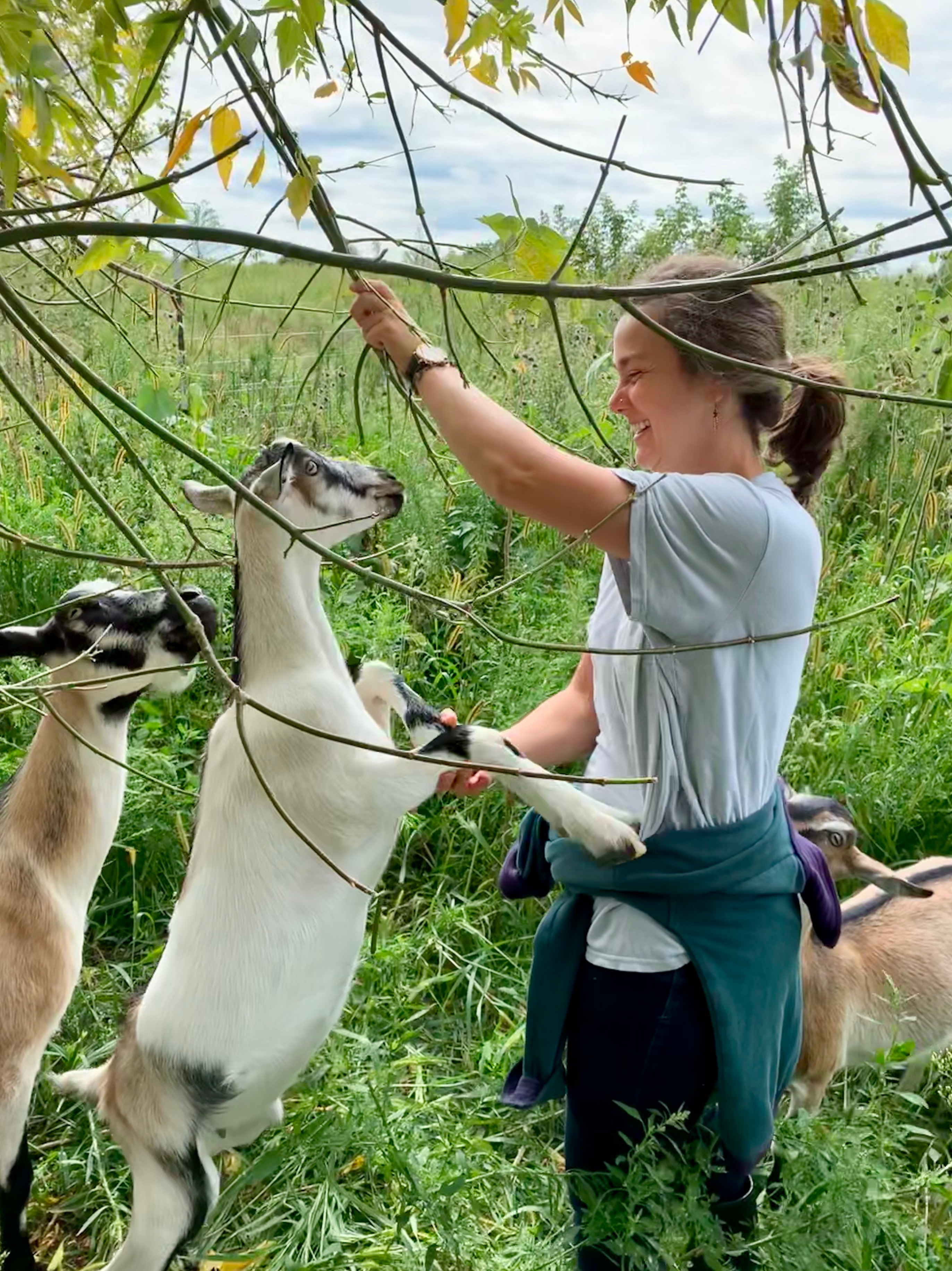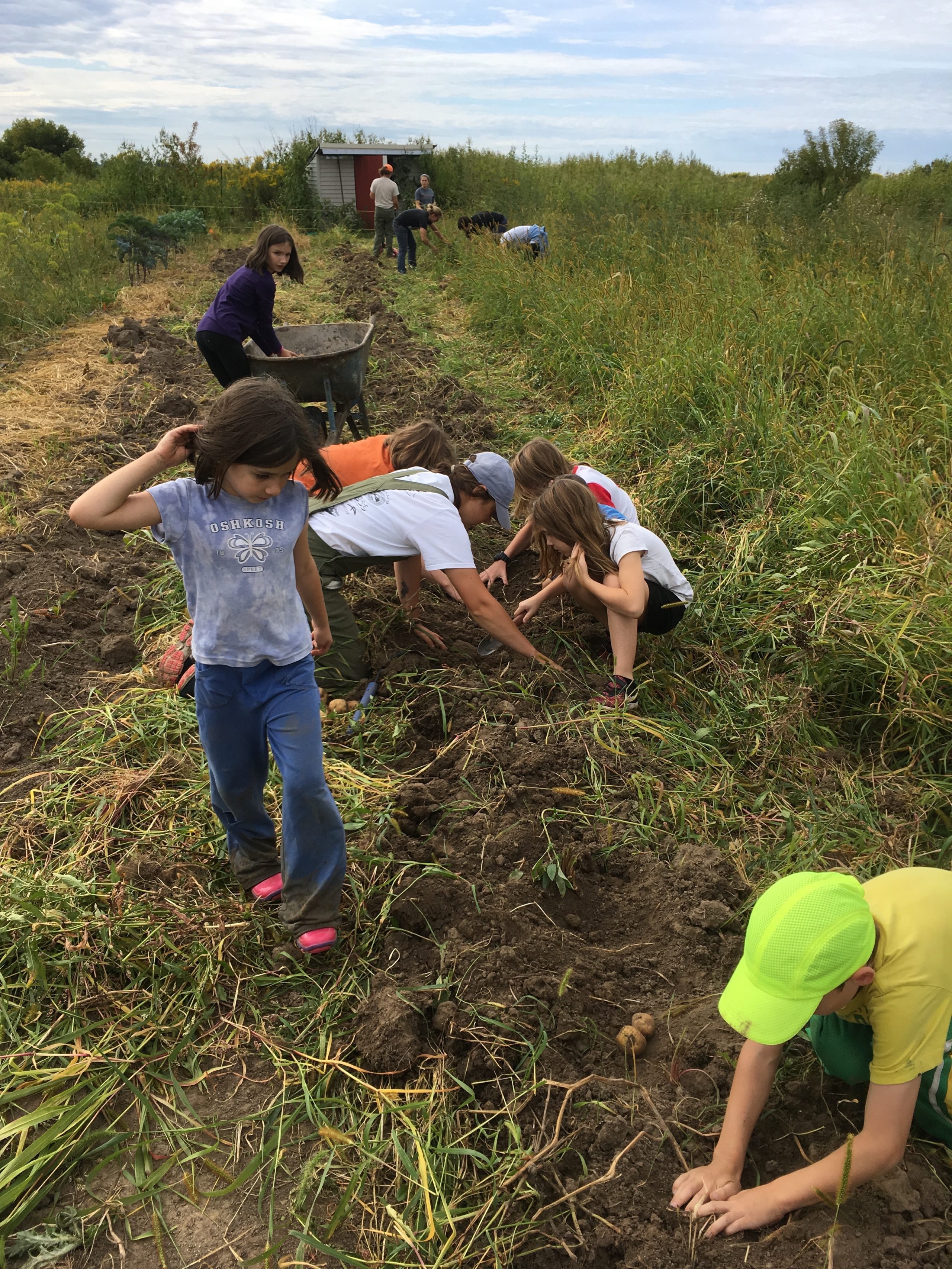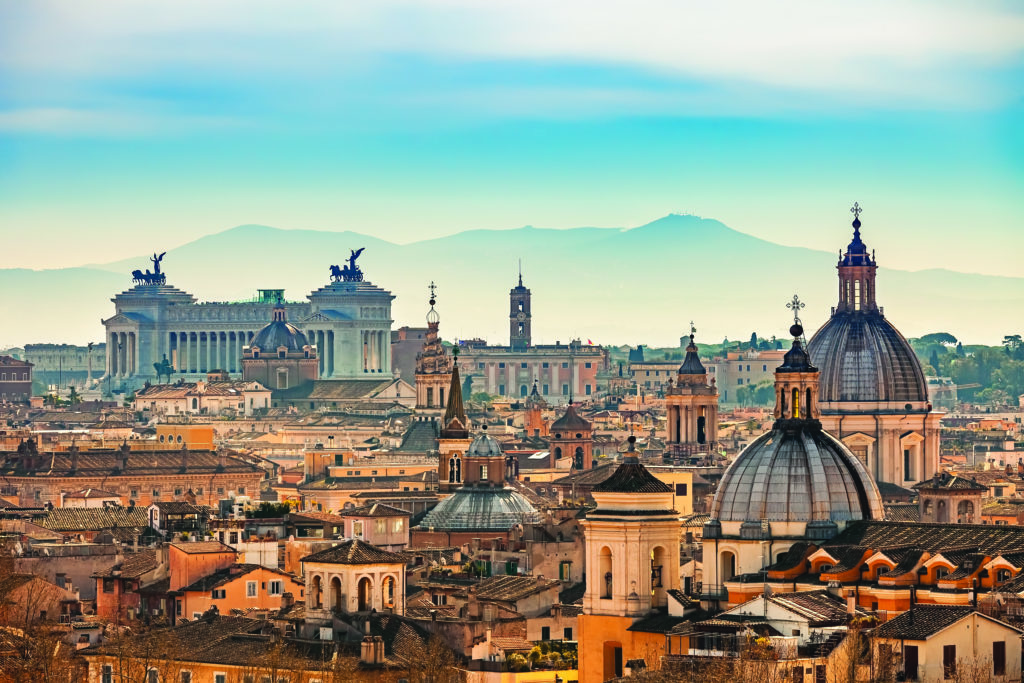During the summer of 2015 I was living in Wheeling, West Virginia, in a Catholic Worker House of Hospitality, the House of Hagar, and working as a farmhand with an affiliated local nonprofit, Grow Ohio Valley.
One day in late June, I sat with some housemates, huddled around the recently published Pope Francis encyclical Laudato Si’: On Care for Our Common Home. The encyclical’s message deeply resonated with us. It was an exciting affirmation of our community’s lifestyle and work. Looking back, this moment served as the seed for my Master of Arts in Catholic Studies essay, which explores the intersection of the Catholic Worker Movement and Laudato Si’.
Papal social encyclicals serve the purpose of articulating or clarifying Catholic Church teaching on a social issue in response to the cultural challenges or needs of the time. The Catholic Worker Movement was founded by Dorothy Day and Peter Maurin in 1933, and its principles and practices, animated by Catholic social doctrine and the papal encyclicals of their own time, became what could today be considered a preeminent embodiment of the contemporary call for action in Laudato Si’. The movement began as a response to live out the Gospel call to recognize Christ’s presence in all people, particularly the poor, and the Corporal Works of Mercy found in the teachings of Jesus, which include feed the hungry, clothe the naked, shelter the homeless, visit the sick and imprisoned, and bury the dead. My master’s essay focuses on the Catholic Worker Movement’s regard for the land and formation of farming communities as an expression of Christian stewardship and recognition of Christ’s presence in creation.

Caroline Wright '19 CSMA working at Lake City Catholic Worker Farm.
Laudato Si’ presents ecology as “the relationship between living organisms and the environment in which they develop” (§138). In Laudato Si’, Francis builds upon Pope Benedict XVI’s work on the subject and suggests that our increase of technology and consumerism has led to anthropocentrism – or, people placing their personal desires above God’s natural law, which remains written into the fabric of creation. As a result, both the natural and social environments are suffering. Francis references Benedict, “the deterioration of nature is closely connected to the culture which shapes human coexistence” (§6) and calls all Christians to embrace a life and spirituality of integral ecology. To do this we must adopt a perspective of creation that acknowledges our interconnected reality and finds roots and truth in the relationship between God, ourselves, our neighbors, the poor and nature.
While reading Laudato Si’ in Dr. Christopher Thompson’s Integral Ecology course three years later, I recalled my formative time in Wheeling. I developed my essay as an exploration of the Catholic Worker Movement as a space for the integrated ecological and spiritual encounter and education Pope Francis encourages.
To paint this picture, I did a case study on the Lake City Catholic Worker Farm in Lake City, Minnesota, run by Sara and Paul Fried and their family. They own 50 acres on which they grow organic vegetables and perennials and raise happy hogs, goats and laying hens. They live in community with other laypeople who want to live and work at the farm for a time, as well as those in need of housing. They are responding to Peter Maurin’s call that every home should have a “Christ Room” welcoming those in need as if they are Christ. The Lake City Catholic Worker Farm community pays careful attention to developing a sustainable lifestyle, and they continually ask the question of how the Holy Spirit is working in their lives to help them do this. Their latest project is to open a kombucha farm stand to provide a space for fellowship and an opportunity to share the Catholic Worker vision.
Encountering their community helped me continue my own journey in integral ecology. After graduating this past spring with my Master of Arts in Catholic Studies, I moved to the Lake City Catholic Worker Farm to join them for my next season of life.
Caroline Wright is currently living and working at the Lake City Catholic Worker Farm in Lake City, Minnesota. For more information about events, personal or Church group visits, or veggies or pork for purchase, visit www.lakecitycw.com.







